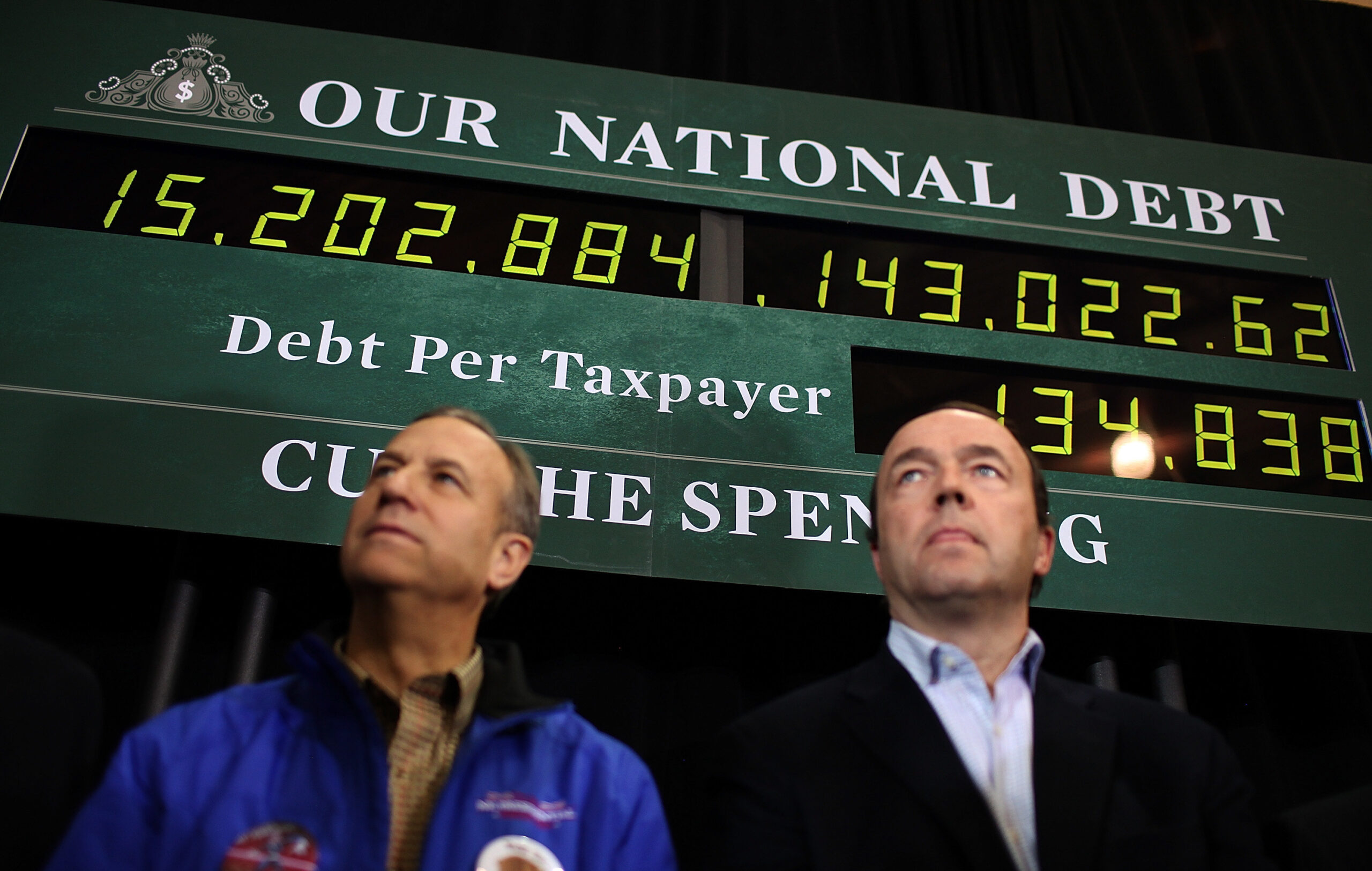Amazon’s Minimum Wage Increase: Big Business Still Puts Money Before People

Oct 09 | 2018

Business Insider
Amazon recently made headlines by raising its minimum wage for workers to $15 an hour. The company had previously come under fire for “exploitative employment practices,” so many people felt the raise was long overdue. But despite making $178 billion in 2017, Amazon appears to be unwilling to take the fiscal hit to ensure fair

